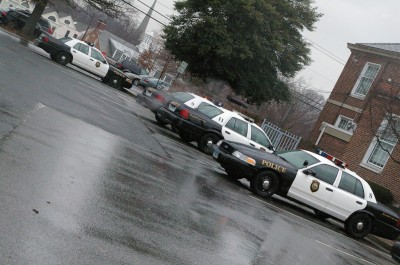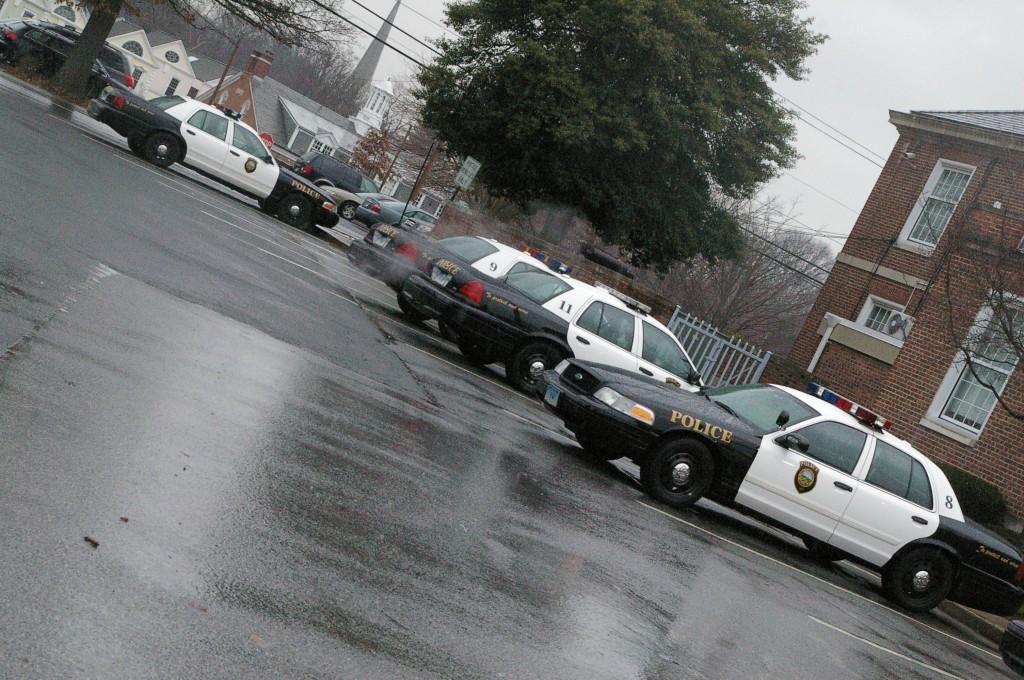Inklings Editorial
Up until 2010, any 16– or 17–year–old who commits a crime in Connecticut will be considered a “youthful offender,” often an adult in the eyes of the law.
By Jan. 1, however, the state plans to consider 16–year–olds

as juveniles, therefore able to be tried in juvenile court. By 2012, 17–year–olds will be considered juveniles as well.
This change could not have come soon enough.
Teenagers are prone to make mistakes. The frontal lobes of the brain, which control judgment, are not fully developed until the mid–20s. To deem them as adults in the eyes of the law is not only scientifically inaccurate—it is morally questionable.
Courts have ruled on numerous occasions that minors should not always be held to the same legal standard as adults.
For example, the Supreme Court banned the execution of minors in the 2005 Roper v. Simmons case. While Connecticut’s reform would generally pertain only to lesser crimes, the logic behind it is the same.
The disparities in youth criminal justice in Fairfield County also make it imperative that the system be reformed.
Juveniles in wealthier towns can avoid Juvenile Review oards (JRBs) if they are available, while youths in poorer urban neighborhoods like those in Bridgeport cannot always afford JRBs.
The disparities between the two are inherently unfair, even unconstitutional. Due process must be served, and the only way to do so is to allow all teenagers a shot at the juvenile justice system.
The state has made the right choice in reforming the system. JRBs have had success, and grant money is providing an opportunity for juveniles who did not have that chance before. JRBs continue to be properly funded, and they should continue to be so in the future.
But Westport has no JRB. Perhaps legislators have valid reason for it. Nevertheless, this paper feels that a JRB might be a positive move for the juvenile justice system in the town.
Even if teenagers make mistakes, it is society’s responsibility to give them a second chance. Doing otherwise would condemn them to cycles of continued misbehavior.
This state’s criminal justice system should value such positive change, and the plans to raise the juvenile age is a step in the right direction.














































Natalie • Dec 22, 2009 at 11:37 pm
It will be interesting to see whether other states follow Connecticut's direction toward going back to the intended purpose of the juvenile justice system i.e. treatment and rehabilitation. Last year in Arizona, an 8 year old who shot and killed his father and his father's roomate was almost charged as an adult; however, his case ended up being resolved in the juvenile justice system. For more on this case, see http://askthejudge.info/trying-an-8-year-old-as-a…
My recent post Teen killers wonder what it’s like to take a life
Natalie • Dec 22, 2009 at 11:37 pm
It will be interesting to see whether other states follow Connecticut's direction toward going back to the intended purpose of the juvenile justice system i.e. treatment and rehabilitation. Last year in Arizona, an 8 year old who shot and killed his father and his father's roomate was almost charged as an adult; however, his case ended up being resolved in the juvenile justice system. For more on this case, see http://askthejudge.info/trying-an-8-year-old-as-a…
My recent post Teen killers wonder what it’s like to take a life